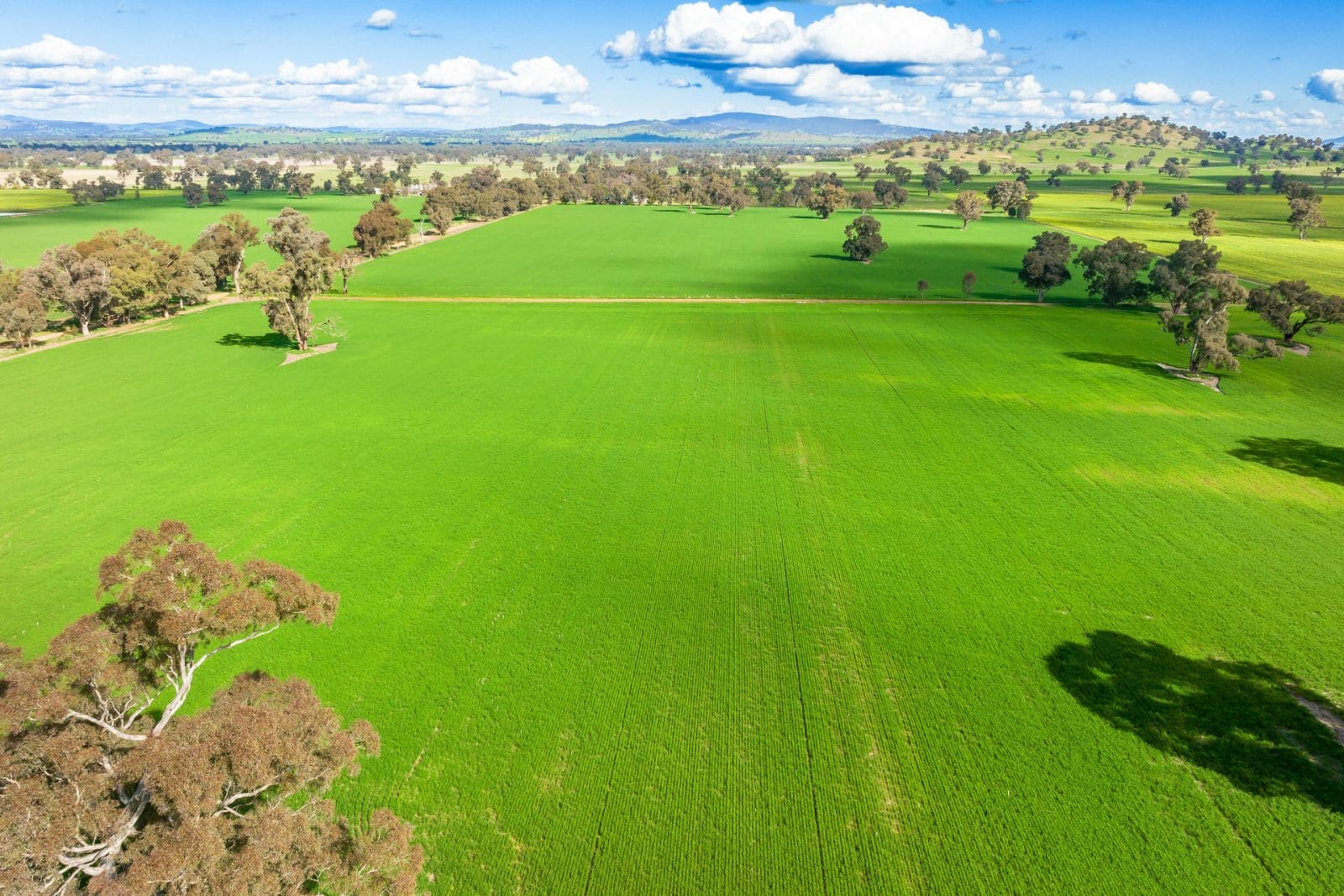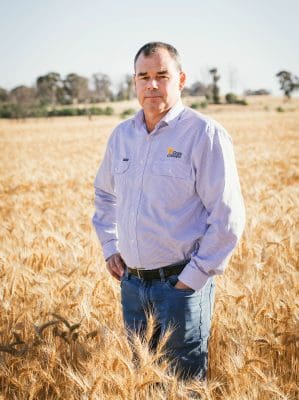
The Federal Government’s proposal to increase tax on funds worth more than $3M, which currently looks to include farmland as an asset class, has alarmed GrainGrowers chair and WA grower Rhys Turton.
THE Australian Government’s proposal to tax unrealised gains that will capture agricultural land in super exceeding $3 million is a serious cause for concern to rural Australia.
The Treasurer’s argument that the tax targets a select cohort of super-rich super account holders with shares, cash and investment real estate assets worth more than $3M fails to consider the unique circumstances of agricultural producers.
While it may be in superannuation, farmland is clearly a tool of trade, and is not a speculative investment.
For decades, growers have structured their approach to retirement by placing their land into superannuation accounts.
According to the Superannuation Fund Association, there are around 17,000 super accounts holding farmland; of those, 3500 have land valued at more than $3M, placing them directly in the crosshairs of this poorly considered proposal.

Rhys Turton.
Even worse, the lack of indexation on the $3M threshold will, over time, drag many more into this taxation nightmare.
The facts are that most growers don’t have super contributions like salary and wage earners.
The land in the fund is a retirement asset, often used as part of a succession process that allows their children to continue farming.
While it may ultimately be sold or passed on to family, there is a strong sense of custodial responsibility and connection to the farm, whatever retirement looks like.
At its core, the principle behind this tax is wrong.
Taxpayers understand the need to pay taxes when they receive a benefit.
Paying tax on an unrealised gain on land is both unfair and inequitable, particularly as the increased value bears no relation to the ability to pay that tax.
There are several measures the Labor Government should take to make this tax fairer and avoid perverse outcomes. This includes a carve-out for unrealised gains for agricultural land or a grandfathering for existing structures. Indexation should also be considered.
This tax rips money from the pockets of people productively using a superannuation asset.
Money that would otherwise be used to buy equipment and support farming infrastructure, pay wages, and be spent in local communities and regional areas is unlikely ever to be used to benefit rural Australia.
Drought-affected growers caught in this net effectively highlight the practical reality of the proposed tax.
With no crop and no grain to deliver, these producers will be asked to pay a tax bill on a fictional profit.
With even the most cooperative bank manager unlikely to lend money on this basis, the sad reality is that the only way to meet that tax liability will be to sell down otherwise productive assets.
The truth is that growers are often asset-rich but cash-poor, and taxing unrealised gains could force many to sell land in thin markets where buyers are scarce.
This isn’t Sydney’s North Shore; it’s an agricultural landscape where liquidity is limited, and forced sales could cripple communities.
If the government is serious about tax reform, it needs to consider changes that boost productivity, address inequities, and deliver the funding required to balance the budget.
Although this super tax may raise revenue, it comes at the expense of productivity, lumping agricultural landowners together with speculative investors, and disregarding the vital role farmers play in sustaining Australia’s food security.
The unintended consequences will disrupt agricultural production, erode generational stability, and weaken rural economies.
There are several measures the Labor Government should take to make this tax fairer and avoid perverse outcomes.
This includes a carve-out for unrealised gains for agricultural land or a grandfathering for existing structures.
Indexation should also be considered.
Growers want thriving communities, but under this proposal, they will become second-class citizens.
Productive land is not an investment portfolio that can be bought and sold; it is the lifeblood of Australia’s food and fibre supply.
The government should realise this difference and make changes before it is too late.
Source: GrainGrowers

HAVE YOUR SAY